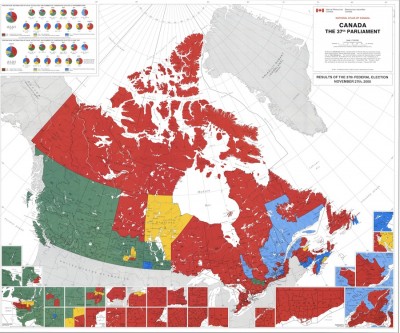
I honestly believe Salon.com needs a laughtrack these days, as I find much of it to be unintentionally hilarious in its gender-war-pot-stirring making sure the culture war is alive and well to its readers. For over a decade, Salon has done articles on sexuality that push liberal minds to the edge by contrasting prevailing mores that are in conflict with more traditional ones or longstanding notions of “propriety.” Ah, living in the postmodern condition of intellectualized discourse in an era when everything is an untethered floating signifier and the rules are nebulous at best. The target audience seems to be those who struggle with being hip and urbane, but having some vestiges of a more socially conservative order keeping them from totally cutting loose and raising their kids in a bohemian hedonifest. In the process, the social conservatives take their shots and pageviews go up.
Last Friday, Kate Harding posted an article on Salon.com’s Broadsheet on “Hook-Up” culture. She links to another article on a study finding that hook-up culture may not be that detrimental, but goes on to cite the Teen Vogue editor, Rachel Simmons, and sociologist Kathleen A. Bogle’s interviews for a book on the subject, as evidence that hooking up might not be such a good thing because women are often left in “relationship” limbo. Harding uses this as a springboard to lambaste the media for promoting a “please your man” culture.
While Harding tries to reconcile this with a utopian pining for a world where a multiplicity of sexualities can co-exist without feeling a pressure to conform to a media-manufactured social orthodoxy, I feel she’s totally missing the boat here. Harding thinks that those caught up in the emotional wreckage that hook-up culture can bring are being taught the wrong things and that women aren’t taught to value their own desires::
“It’s that the girls in question don’t feel comfortable admitting what they want. They’ve been taught that saying ‘I want a relationship’ or ‘I’m falling in love with you’ will terrify any red-blooded American male — that is so not What Guys Want! — so young women who are interested in something more serious are terrified of being alone and completely unwanted if they say so…
If we encouraged girls and women to place real value on their own desires, then instead of hand-waving about kids these days, we could trust them to seek out what they want and need, and to end relationships, casual or serious, that are unsatisfying or damaging to them, regardless of whether they’d work for anyone else.”
I find this ironic condescension towards women wrapped up in empty Dr. Phil-esque emancipatory rhetoric a bit too much to take. Ironic, as Harding assumes her own orthodoxy of desires that’s a polar opposite of what the media, in this case focusing on the likes of Cosmo and Maxim, are portraying. While much of the media have been quick to point out for decades that if you’re not desirable or aren’t in a relationship, you don’t matter, i.e., alone = loser, Harding as an agent of media is advocating what may well be a fiction—longing for the “right” answer of true female desires. Harding implies our real desires are being subjugated by media, but the fact of the matter is that our real desires are intertwined with media and culture. I would argue that much of the rhetoric in the division of values in the US evident in the “culture wars”, well-trodden territory for Salon.com, is about desires intertwined with media and culture.
We want meaning from our desires. We want meaning from our actions and the constellation of products and brands we surround ourselves with to gain identity. So, what is the meaning of the “hook-up”? I think for many youth, there isn’t a lot of meaning and I don’t mean that pejoratively. I think this is more of an issue for those writing on “hook-up” culture as a wedge issue of morality or bitching about media and society.
The “hook-up” can be reduced to a consumer behaviour, a mode that fits us all like a glove, whether we want it to or not.. We consume things to satisfy our desires, but out desires are never satiated. Is it media? Is it culture? Both. The fuss is that relationships shouldn’t be an act of consumption and that sex shouldn’t be cheapened by commodification. These concepts are just a tad too close to mail-order brides and prostitution, no?
Welcome to late capitalism.
Twitterversion:: Salon.com blasts media/society 4 sturm/drang over hook-up culture.Are true female desires being subjugated? #ThickCulture @Prof_K
Song:: Vampire Weekend – “Cape Cod Kwassa Kwassa”

